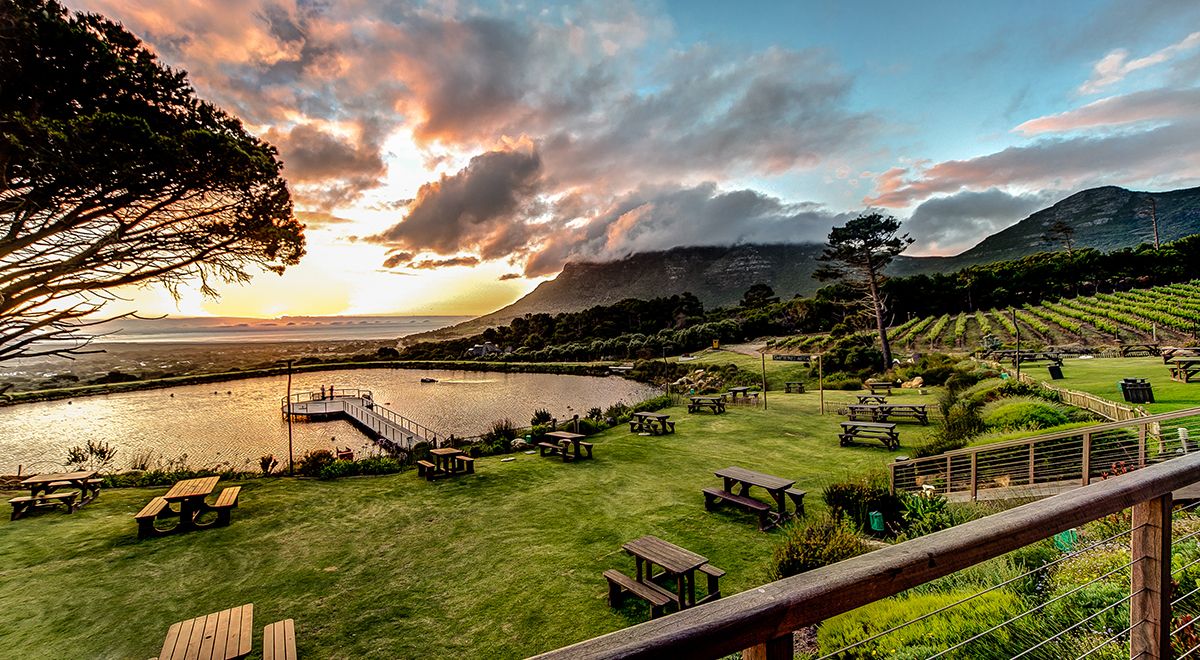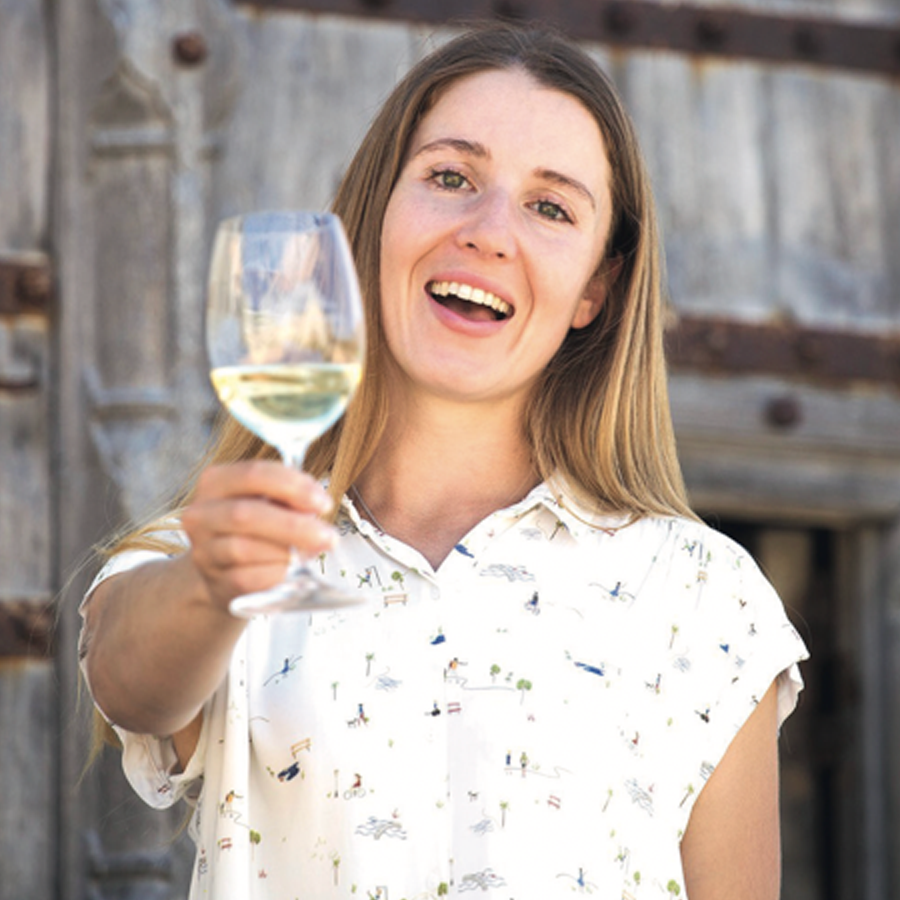
Riandri Visser has been a winemaker at Cape Point Vineyards since 2016. Before Cape Point, she worked at Tierhoek and Tokara among others before starting in the cellar of Cape Point from 2014. The first two years as an assistant to Duncan Savage, then as the final responsible. Riandri's vinification and work in the vineyards leads to Cape Point Vineyards being counted among the best domains in South African viticulture.

€23.30
In Stock
| Producent | Appellation | Style |
|---|---|---|
| Cape Point Vineyards | Cape Point | Fresh & fruity |
| Oak aging | Vineyard management | Format |
| Yes | Practising organics | 750 ml |
€32.30
In Stock
| Producent | Appellation | Style |
|---|---|---|
| Cape Point Vineyards | Cape Point | Aromatic |
| Oak aging | Vineyard management | Format |
| Yes | Practising organics | 750 ml |
€11.90
In Stock
| Producent | Appellation | Style |
|---|---|---|
| Cape Point Vineyards | Cape Town | Fresh & fruity |
| Oak aging | Vineyard management | Format |
| No | Practising organics | 750 ml |
| Producent | Appellation | Style |
|---|---|---|
| Cape Town Wine Co. | Cape Town | Round & Friendly |
| Oak aging | Vineyard management | Format |
| No | Practising organics | 750 ml |
€14.90
In Stock
| Producent | Appellation | Style |
|---|---|---|
| Cape Point Vineyards | Cape Point | Fresh & fruity |
| Oak aging | Vineyard management | Format |
| Yes | Practising organics | 750 ml |
Since many years famous and very special wines are made in South-Africa. Viticulture in South Africa is mainly concentrated in the extreme southwest of the country, in the Western Cape Province (Western Cape). Western Cape is the fourth largest province of South Africa's nine; with its 129,000 m² it is comparable in area to Greece, but it has only 5.82 million inhabitants. Of these, 3.74 million live in Cape Town (as of 2011). It is a very varied region both topographically and climatically, with a band of mountain ridges along the southern coastline. The west coast, and also the plateau of the Karoo inland, is very dry. The wine regions are almost all within a two to three hour drive from the coast and they take full advantage of the predominantly Mediterranean climate that is so favorable for grape growing.
There are different grapes for red wine in South-Africa without wanting to discredit any other grape variety the most important are: pinotage, pinot noir, cabernet sauvignon, merlot, cinsault and syrah. Pinot noir is the grape variety of the Walker Bay-region and the best South-African wines from pinot noir come from Hemel-en-Aarde Valley. Cabernet sauvignon and merlot are mainly planted in Stellenbosch and the region of Franschhoek. Finally, Syrah and cinsault are the basis for the great wines from the Swartland-region, such as the famous wines from pioneers like Eben Sadie and Adi Badenhorst.
White wines are of course made throughout the country, but the most important areas for white wine can be find in the Western Cape. Wine regions located here are Paarl, Cape Town, Stellenbosch, Walker Bay and Swartland. South-African white wine is made from well-known grape varieties such as chardonnay, sauvignon blanc, chenin blanc, but also from lesser-known varieties such as grenache blanc, Verdelho, colombard, viognier.
In addition to the still wines, South-Africa also produces sparkling wines that are made in mostly the Western Cape, the local name is Vonkelwijn. Vonkelwijn is motly made from chenin blanc, chardonnay and pinot noir and are made with the classic second fermentation in the bottle.
